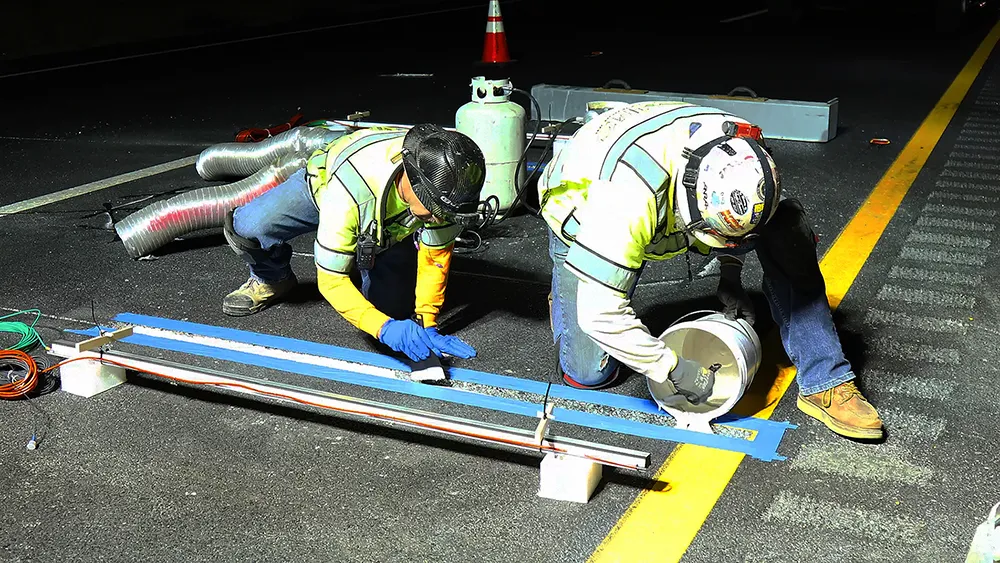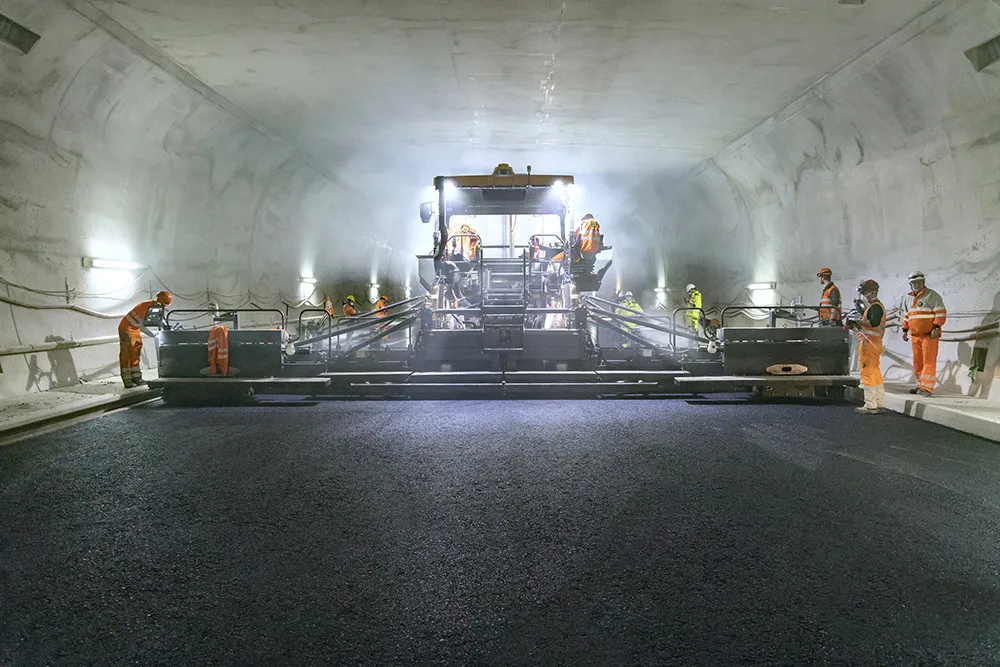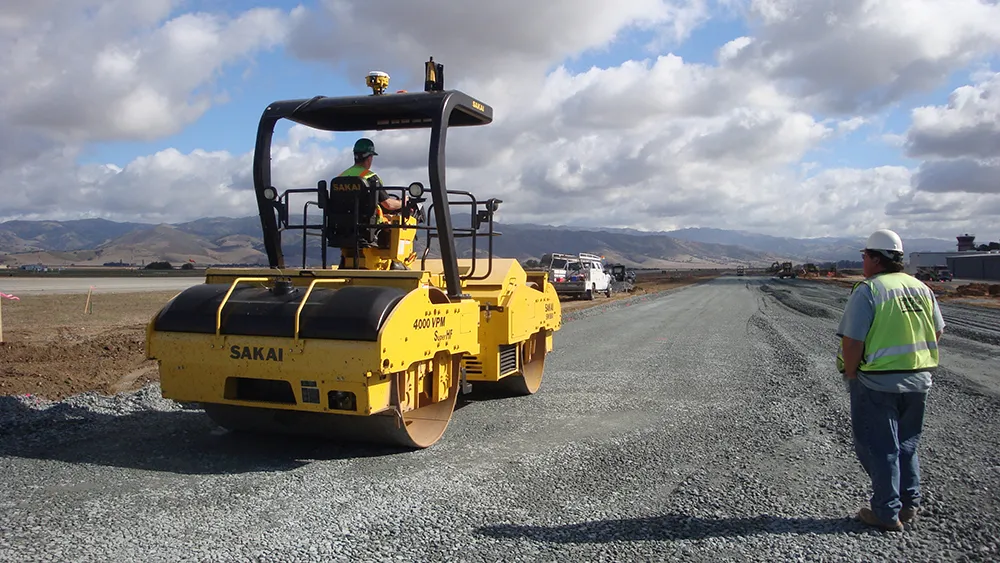
Additionally, US departments of transportation such as Caltrans must disclose their collected data to the public. Caltrans’ existing data management system was meeting the basic requirements but had challenges with data migration into the required systems. On top, it provided no ‘real-time’ traffic information.
However, the measuring system in the roads had issues. Time and again the B/L-piezo cables inserted in the road surface would break after a few years of service. Constant repair work and temporary lane closures were adding additional costs to the programme as well as obstructing the flow of traffic. Also, data management was an issue.
With KiTraffic Statistics (KTS), Kistler provided a system to Caltrans that met both their need for longer lasting equipment and superior data – while still going easy on the budget. It features Lineas Compact quartz sensors installed into the roads. There is also Kistler Data Logger installed at the road site to offer an interface for comprehensive data evaluation. The system can register traffic volume, classification and weight by default.
Caltrans ordered sensor equipment for 294 lanes at 64 sites, to be installed within an aggressive time schedule. “Our top priority was to keep lane closure time as short as possible,” said Dean Campbell, senior transportation manager with Caltrans.
To begin with, Kistler ran a thorough inspection of all sites to know about the quality of the roads, such as cracks and bumps that can directly influence the accuracy of the data. Where the road spec did not match the requirements for installation, Kistler gave recommendations for repositioning the measuring spots. This enabled the system to exceed the desired confidence interval of +/- 15% gross vehicle weight accuracy at all sites to reach +/- 10%.
As the project geared up in the spring of 2020, the supply of materials was delayed, as were many other goods and services. However, Pacific Excavation (PacEx) - the prime contractor and responsible for delivering the project, including the road installation of the quartz sensors - pre-assembled the AVC (Automated Vehicle Classification) cabinets in their warehouses instead of onsite. Additionally, PacEx more than doubled the usual size of their installation teams onsite to minimise traffic obstructions and speed up construction schedules.
Kistler says that its easy-to-handle hardware helped them stay on track. Compared to the former thin piezo cables, the Lineas Compact sensors are straightforward to install using a standardised procedure.
One of the key strengths of KTS is its seamless integration of hardware and software. Every 30 seconds, data from the roads reach the control centre. This gives Caltrans the opportunity to monitor almost in real time – and to identify peak times and typical bottlenecks. The first KTS sites have been in operation for roughly two years without any maintenance issues.








